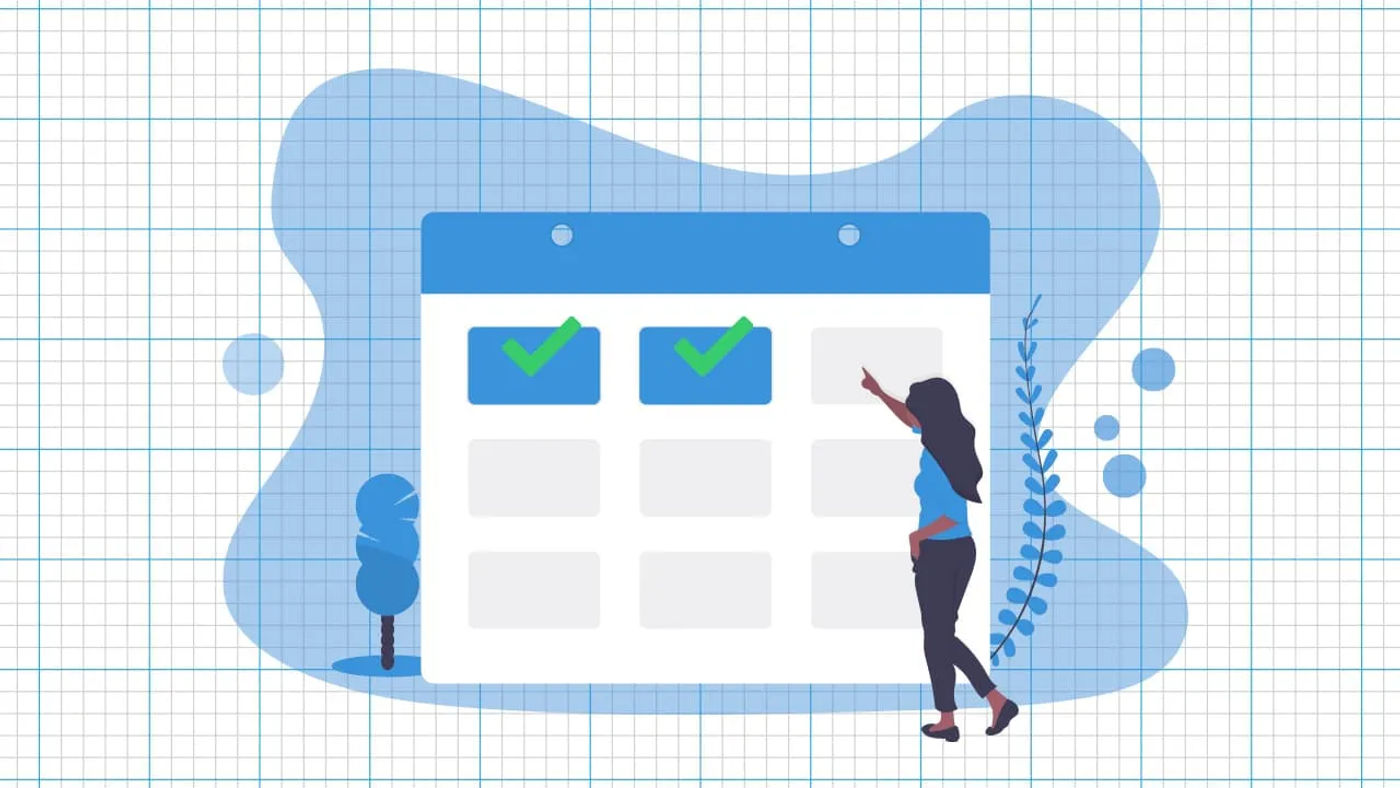A What-To-Do Checklist for Facility Managers

These are unprecedented times. While administrators are likely still in response mode, the fact is that there are things we can do today which will prepare us for the future and have you ready for recovery mode. Successfully completing any of the items on this list will give a head start and help you provide essential data and reporting metrics to district leaders.
Working with districts across 25 states, Facilitron is involved with everything from complete COVID-19 shutdowns to scheduling and tracking grab-n-go meals, pop-up childcare centers, temporary hospitals, food banks, farmers markets and more. All are activities happening at school sites everyday.
As the facilities use manager, here’s checklist of actions we see other district leaders in your position doing:
1. Enter activities or other internal use
If district schools are “closed” then activities like food distribution, childcare centers or even district personnel executing necessary tasks such as sanitizing buildings and grounds or running payroll are all events that could be recorded and tracked.
In the post factum analysis of the crisis, being able to report hours and costs to school boards or state or federal agencies for future crisis planning or even for potential reimbursement of costs will make you shine and help the district be prepared for other kinds of reporting.
In addition, keeping everything in one easily accessible calendar allows you to pull data in an instant should you have to, for example, backtrack the contact of an infected essential service worker. Adding as much information as possible will prepare you for anything.
2. Tag all internal or external events taking place due to the coronavirus crisis with an Activity Tag
Facilitron Activity Tags allow you to label any event or activity in the system as a COVID-19-related activity. Your account manager can assist with Activity Tags which can also help you label other specifics such as meals, computers, etc. Filtering a report using an Activity Tag allows you to quickly and easily get information on the events related to the virus.
3. Create a weekly report that shows expenses and loss of revenue due to the coronavirus crisis for your CBO or BA
Work with your Facilitron account manager to access data that will allow you to create reports on utilization of schools during the crisis as well as a report on suspended events and lost revenue due to the shutdown.
4. Suspend future external reservations one week at a time
By suspending reservations incrementally, you are working to preserve the integrity of your events, data, and financial reporting capabilities, even if your district has announced it’s closed for the remainder of the school year. Suspended events can be reinstated and rescheduled with priority over new requests.
5. Open future district availability
By allowing the community to request your facilities, the district will be able to track more lost revenue as a result of the crisis. Without scheduled events, there will be no way to track lost revenue. By gathering this data, you can also prepare the business office and the school board to make decisions in the face of unexpected expenses and potential budget cuts.
6. Label school sites that are included in emergency plans
School facilities across the district may already be designated in emergency planning—Red Cross Shelters, evacuation centers, or Points of Dispensing (POD). Find out which buildings or sites are part of these plans and get your account manager to help you label these as such on the platform.
7. Offer Facilitron training
Any staff who have access to the platform such as pre-approvers, maintenance, athletics or even new staff who have just joined the district can get up to speed with training on the Facilitron platform. From the basics to more advanced features, find out how easy it is to become a more effective user of the system.
8. Learn About Facilitron’s new Work Order system
Facilitron’s new work orders system integrates with the scheduling and reservation system to automatically create work orders from approved requests. Any special cleaning and sanitization requirements can be scheduled and tracked automatically.
These are just a few examples of how administrators can make the most of this difficult time. In addition to this, your account manager is familiar with how districts across the country are reacting to the crisis and can share information with you and your district on best practices, proactive planning and more.

